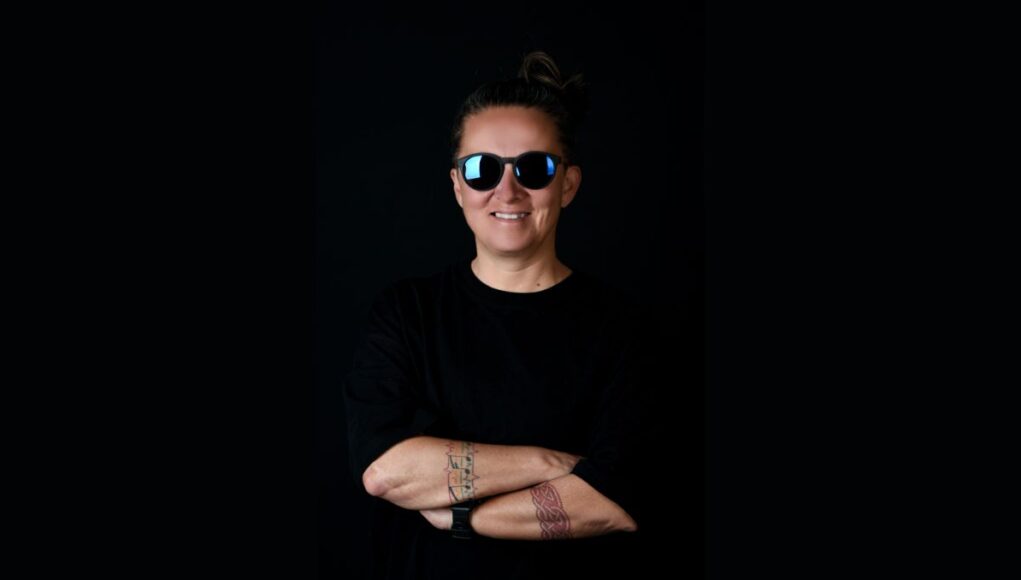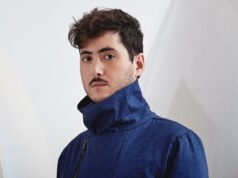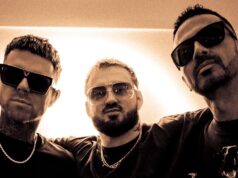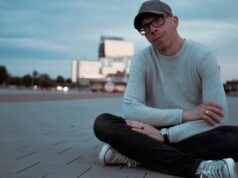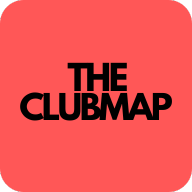1. Can you tell us about your musical background? How did you get into music?
My interest in music began at a young age. My family loved music, so there was always a melody or instrument sound in our home. My first instrument was the organ. Later, I discovered vinyl records and performed for the first time at a matinee when I was 15. Music has shaped my identity, and I wanted to build a career around it. INSTAGRAM
2. Who are your biggest musical influences? How have these influences shaped your sound and approach to music production?
My biggest musical influences include Sebastien Ledger, Monolink, Gorje Hewek, Gui Boratto, and many others. These artists have inspired me in music. This musical diversity has allowed me to combine my style and emotions.
3. What has been the highlight of your career so far? Do you have any good tour stories to share? And what was the worst job you ever had?
Every moment in this journey has been significant for me. I enjoy the beauty and experiences that each moment brings. Every performance, every songwriting process, and every challenge and success has become a valuable part of shaping who I am. Music is not just a profession for me; it’s a journey based on sharing emotions and experiences. Throughout this process, I’ve tried to evaluate every moment and improve myself, which has given me great satisfaction.
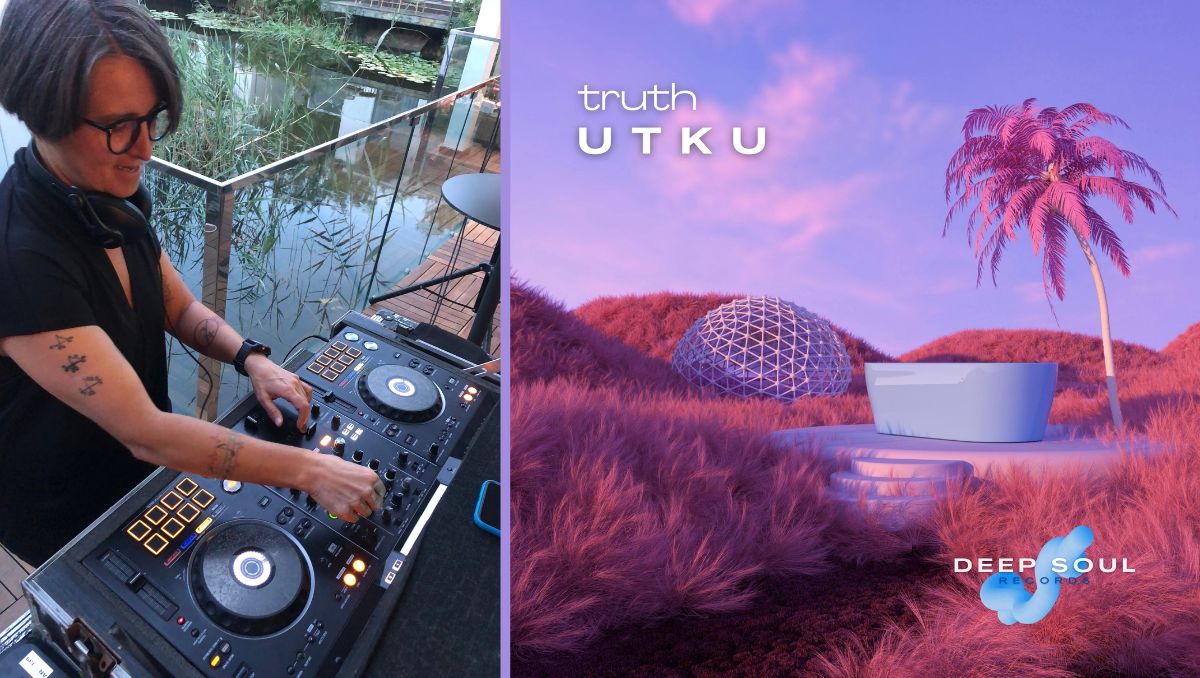
4. Can you share some of the challenges you’ve faced in your career and how you overcame them?
The biggest challenge in my career has been the competitive nature of the music industry. I overcame these challenges by continuously improving myself and working on new projects. Also, accepting criticism constructively and developing myself accordingly has been important.
5. How would you describe your sound to someone who has never heard your music? And what would you be doing if you weren’t a musician?
If I weren’t a musician, I would probably be involved in film production, directing music videos, or working in sound design, because I am as curious about storytelling through visuals as I am through music.
6. Can you walk us through your creative process when writing and recording a new track?
Usually, I start with a concept or emotion I want to convey. When a melody comes to my mind, I typically note it down while playing the piano. After creating a rough draft, I experiment with sounds and arrangements, layering instruments and vocals. I enjoy collaborating with other musicians during the recording process; it’s a great opportunity to add different perspectives and elements.
7. Can you tell us about any upcoming projects or collaborations you’re working on?
Yes! I’m currently working on new projects that I plan to release by the end of 2025.
8. What do you do when your equipment fails?
When my equipment fails, I try to stay calm. I keep backups of essential gear and have learned to troubleshoot basic issues. If it’s a major problem, I usually reach out to other musicians or technical support. Sometimes, these situations push me to experiment with different sounds or arrangements, leading to unexpected but exciting results.
9. Which track would play during your walkout for a boxing match?
Definitely „Cafe De Flore.“ That track has a rhythm that will pump me up and get me ready for any challenge.
10. What do you think is the most important music equipment invention of all time – and why?
I believe digital DAWs (Digital Audio Workstations) have revolutionized music production. They provide musicians with the ability to layer sounds, experiment with compositions, and improve their work. They are one of the cornerstones of modern music production.
11. What advice would you give to someone trying to make it as a professional musician?
Stay authentic and true to your vision. Build a strong network and invest time in your craft. The music industry can be challenging, but persistence is very important. Don’t be afraid to explore different genres, and always engage with your audience—these connections are invaluable.


